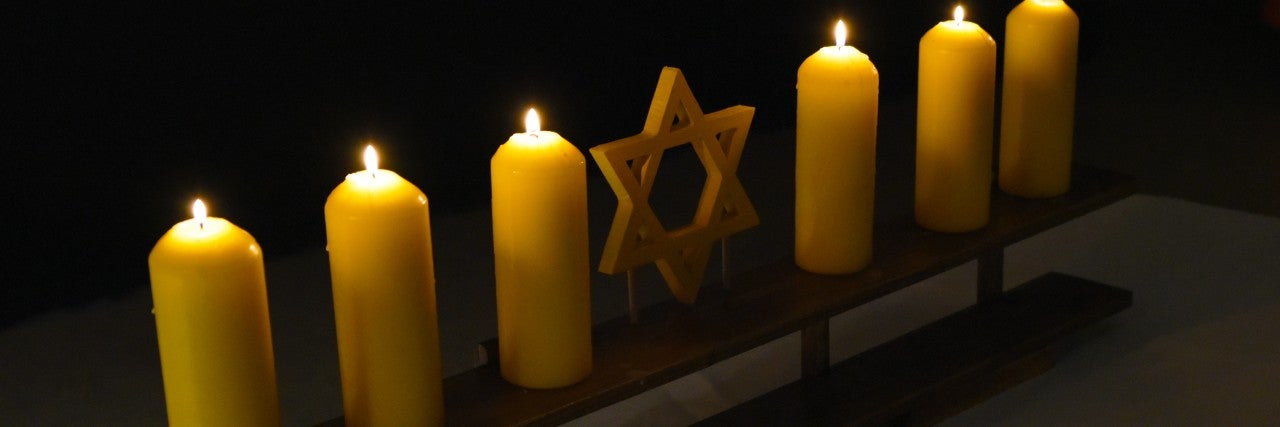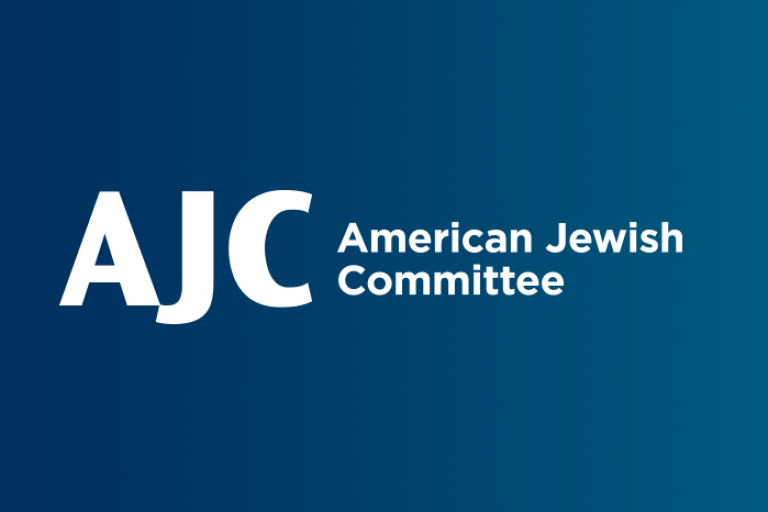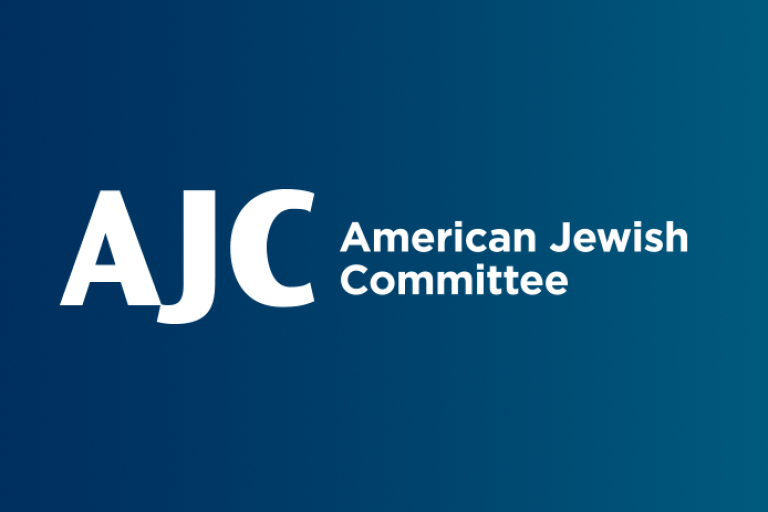January 31, 2017
President Trump’s statement marking International Holocaust Remembrance Day without mentioning Jews was stunning, as was the White House refusal to retract and clarify. The president’s deliberate omission was confirmed in a subsequent message from his chief of staff, defensively responding to the outcry the statement generated. The US has long led the world in Holocaust memory and preservation. Yet, this year, for the first time since the United Nations designated January 27 as the day the entire world should commemorate the Holocaust, the US president demurred. In doing so he joined a number of other world leaders who already have made such denial a pattern.
On November 1, 2005 – 60 years after the end of World War II – the UN General Assembly voted unanimously to establish an annual “International Day of Commemoration in memory of the victims of the Holocaust.” The designated date was January 27, the day in 1945 that the Soviet Red Army liberated Auschwitz, where 1.1 million people were killed, almost a million of them Jews.
While the immediate focus was Auschwitz – the largest and most lethal Nazi death camp – the stated purpose of the UN’s action was, first, to memorialize all the Jewish victims as well as others who perished, and second, to send out a clarion call never to let such a thing happen again. As the General Assembly resolution put it, “the murder of one-third of the Jewish people, along with countless members of other minorities” would “forever be a warning to all people of the dangers of hatred, bigotry, racism and prejudice.” Toward that goal, the resolution urged the development of educational programs about the Holocaust and the preservation of Holocaust sites, rejected Holocaust denial, and condemned “all manifestations of religious intolerance, incitement, harassment or violence against persons or communities based on ethnic origin or religious belief, wherever they occur.”
The annual commemoration day has undoubtedly enhanced the world’s knowledge of the Nazi crimes, but has also led, paradoxically, to a new form of Holocaust denial of which President Trump’s statement is but the latest example. By casting such a singular focus on the universal lessons of the Holocaust, the fact that Nazi ideology specifically targeted the Jewish people, and that they were the primary victims, gets lost.
Thus Baroness Catherine Ashton, then High Representative of the European Union for Foreign Affairs and Security Policy, issued an official statement on Holocaust Memorial Day 2014 that did not once mention Jews or antisemitism. It spoke of “victims” and “those brutally murdered,” called the events a “tragedy,” urged on the fight against “prejudice and racism in our own time,” and proclaimed that the EU stands for “human rights and diversity.”
The same thing happened again two years later, in 2016, when newly elected Canadian Prime Minister Justin Trudeau’s Holocaust Day statement memorialized “the millions of victims murdered during the Holocaust” and drew the lesson of how risky it is to let “hate, prejudice, and discrimination to spread unchallenged.” Once again, universal principles to which no civilized person would object, but devoid of any specific historical reference to antisemitism and the annihilation of Jews, without which there would have been no Holocaust. A subsequent tweet from Trudeau’s office vowing to fight “intolerance and antisemitism” was taken as an implicit apology by Canadian Jews, and this year Trudeau was explicit in mentioning Jews.
This year’s statement from the White House, then, honoring “the victims, survivors, heroes of the Holocaust” carried out by the Nazis against unnamed “innocent people” – subsequently described even more obliquely as “the perished” – is just the latest iteration of Holocaust “memory” that “forgets” the identity of the actual victims.
Fortunately, there are world leaders who do not lose track of the particular in the search for the universal. One is António Guterres, the newly elected secretary general of the UN. Speaking at the world body’s observance of Holocaust Memorial Day, he defined the Holocaust as “a systematic attempt to eliminate the Jewish people and so many others,” paid tribute to the memory of Elie Wiesel, and traced in some detail the historical development of antisemitism – including in his own country, Portugal – that led up to the horrors of the Holocaust. Quoting Lord Rabbi Jonathan Sacks, Guterres warned, “The hate that begins with Jews never ends with Jews.”
Another is Irina Bokova, who has courageously condemned the efforts of UNESCO, the organization she heads, to erase Jewish historical ties to the city of Jerusalem. Her message for Holocaust Memorial Day 2017 explicitly condemns the “crimes committed out of racist and antisemitic hatred,” points out that “antisemitism can change its face, from religious to social, racial and political, but is still the same hatred that wounds and kills,” and insists that “the fight against all forms of antisemitism, racism and intolerance is the foundation of respect for the rights of all.”
Yet for all the welcome attention to historical accuracy, true memorialization of the Holocaust requires one further step. Had there been a State of Israel in the 1930s and 1940s, many if not most of the Jewish victims would have found sanctuary. While the Zionist movement and the Jewish state it created developed out of long-term Jewish historical trends that far predated Hitler and World War II, the success of this thriving democratic bastion in a region replete with tyranny and terrorism stands as the ultimate response to antisemitism and the Holocaust.
Lawrence Grossman is the American Jewish Committee’s director of publications.
This article was originally published in Times of Israel.



